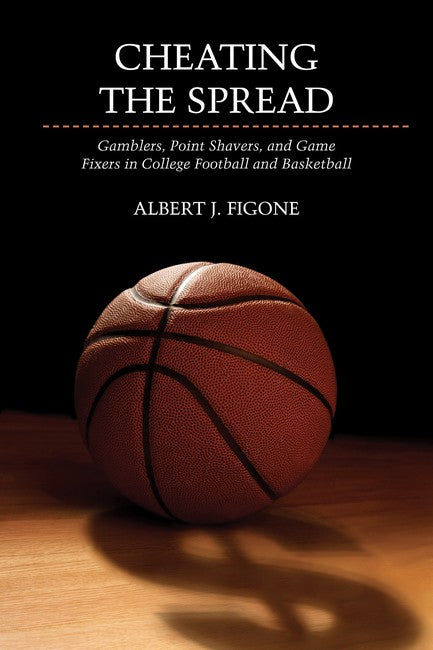Delving into the history of gambling and corruption in intercollegiate sports, Cheating the Spread recounts all of the major gambling scandals in college football and basketball. Digging through court records, newspapers, government documents, and university archives and conducting private interviews, Albert J. Figone finds that game rigging has been pervasive and nationwide throughout most of the sports' history. The insidious practice has spread to implicate not only bookies and unscrupulous gamblers but also college administrators, athletic organizers, coaches, fellow students, and the athletes themselves. Naming the players, coaches, gamblers, and go-betweens involved, Figone discusses numerous college basketball and football games reported to have been fixed and describes the various methods used to gain unfair advantage, inside information, or undue profit. His survey of college football includes early years of gambling on games between established schools such as Yale, Princeton, and Harvard; Notre Dame's All-American halfback and skilled gambler George Gipp; and the 1962 allegations of insider information between Alabama coach Paul ''Bear'' Bryant and former Georgia coach James Wallace ''Wally'' Butts; and many other recent incidents. Notable events in basketball include the 1951 scandal involving City College of New York and six other schools throughout the East Coast and the Midwest; the 1961 point-shaving incident that put a permanent end to the Dixie Classic tournament; the 1978 scheme in which underworld figures recruited and bribed several Boston College players to ensure a favorable point spread; the 1994-95 Northwestern scandal in which players bet against their own team; and other recent examples of compromised gameplay and gambling.

